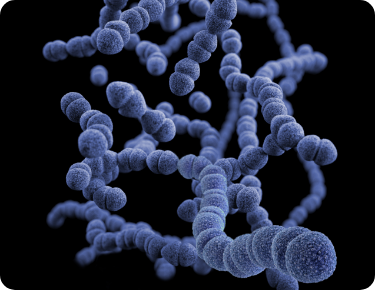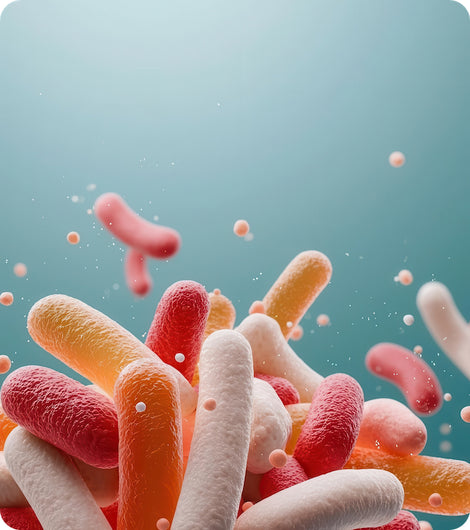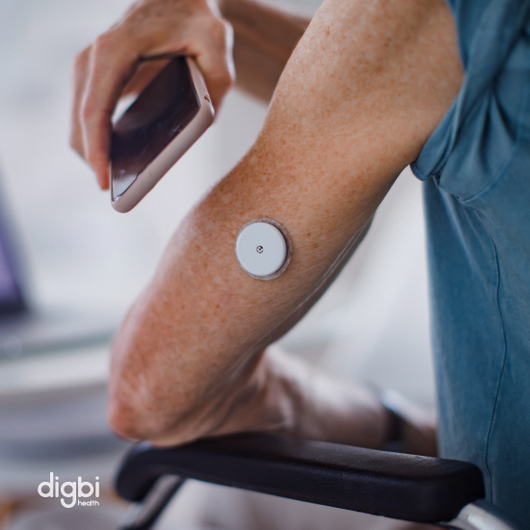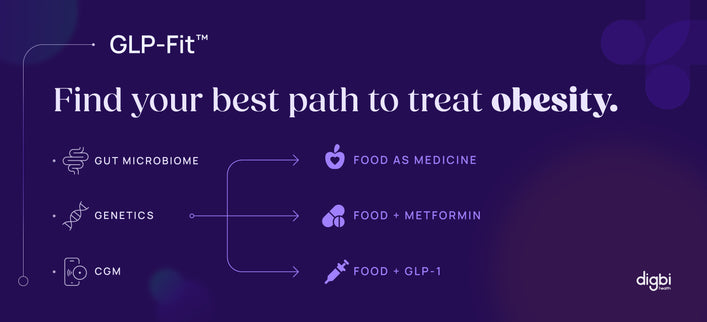Obesity and type 2 diabetes have a few causative factors in common:
- A high-calorie diet, coupled with
- a sedentary lifestyle
- genetics
If you are diagnosed with either or both, your first-line treatment will be dietary interventions and an increase in physical activity.
Failing to see results, you have to climb to another level of treatment, i.e. medication.
Failing that, bariatric surgery is increasingly looked upon as a further treatment option.
Sadly, there is no magic bullet that can help bypass these situations. The success rate of any of these interventions varies greatly between individuals. Besides, what exactly is responsible for the success or failure of these treatments is poorly understood.
But in recent times, scientists have turned to the gut microbiome, and it is starting to yield some answers in the pathogenesis of both obesity and type-2 diabetes.
An altered gut biome in obese individuals

Image by Digbi Health
Recent studies have looked at the alterations of the intestinal microbiome in obese individuals as a factor in the pathophysiology of obesity. In addition, these alterations could catalyze related illnesses like type 2 diabetes and metabolic syndrome.
Decreased microbial diversity has also been identified as a key feature in other medical conditions such as Crohn's disease. Interestingly, fecal microbiota transfer from healthy donors to Crohn's disease patients was seen to lead to an increase of microbial diversity and the subsequent easing of symptoms.
Studying how structured weight loss programs affect the gut microbiome
A recent pilot study investigated the effect of a structured weight loss program on fecal microbiota in obese type 2 diabetics:
Twelve study subjects received a low-calorie formula diet for six weeks, followed by a nine-week food reintroduction and stabilization period. The types of gut bacteria present were determined by gene sequencing of stool samples at three different time points in the study:
- Baseline (before the start of the study)
- After six weeks
- At study completion (fifteen weeks)
All of the study subjects lost weight continuously throughout the program. Changes were seen in the composition of the fecal microbiota. The changes were the most pronounced after six weeks of low-calorie formula diet.
The fecal microbiota markedly shifted after the end of the low-calorie formula diet (six weeks). Yet, at the end of the study (fifteen weeks) they returned towards baseline again.
This finding confirms two prior studies in a similar vein. It is possible to think that to a great degree, the microbiota changes seen six weeks into the program happened as a result of the caloric as well as the nutritional content of the low-cal diet formula.
More studies will be required to see if the microbiota changes were involved in the weight loss to any extent, or they were simply a result of that particular diet.
Weight loss programs can reduce harmful Collinsella populations in the gut
When assessing the variation in composition between different communities or samples, bacteria of the genus Collinsella were found to be decreased 8.4-fold.
Increased numbers of Collinsella have been previously observed in case of-
- Type 2 diabetes mellitus
- symptomatic atherosclerotic carotid artery stenosis
- increased levels of insulin, triglycerides and very low-density lipoproteins (VLDL) in overweight pregnant women
Considering all this, the persistently reduced population of Collinsella may have been a factor in the increased insulin sensitivity seen in the subjects at the conclusion of the study. It remains to be seen if this also lowers the susceptibility for cardiovascular disease if the low numbers are maintained over the long term.
References:

















